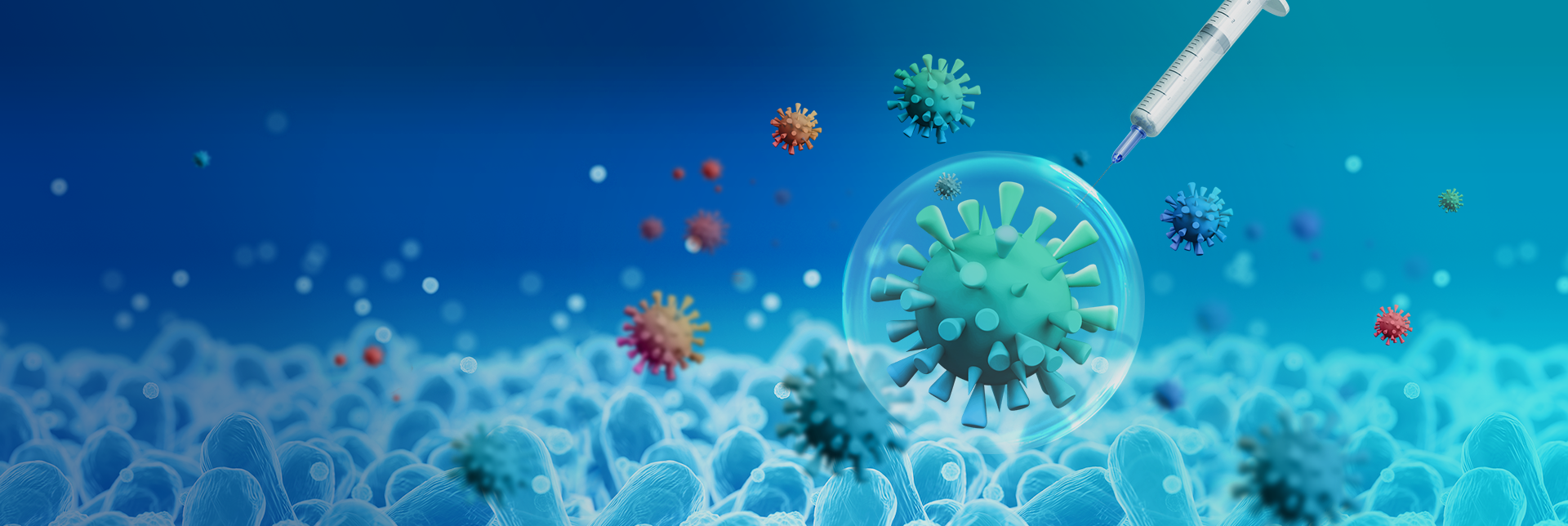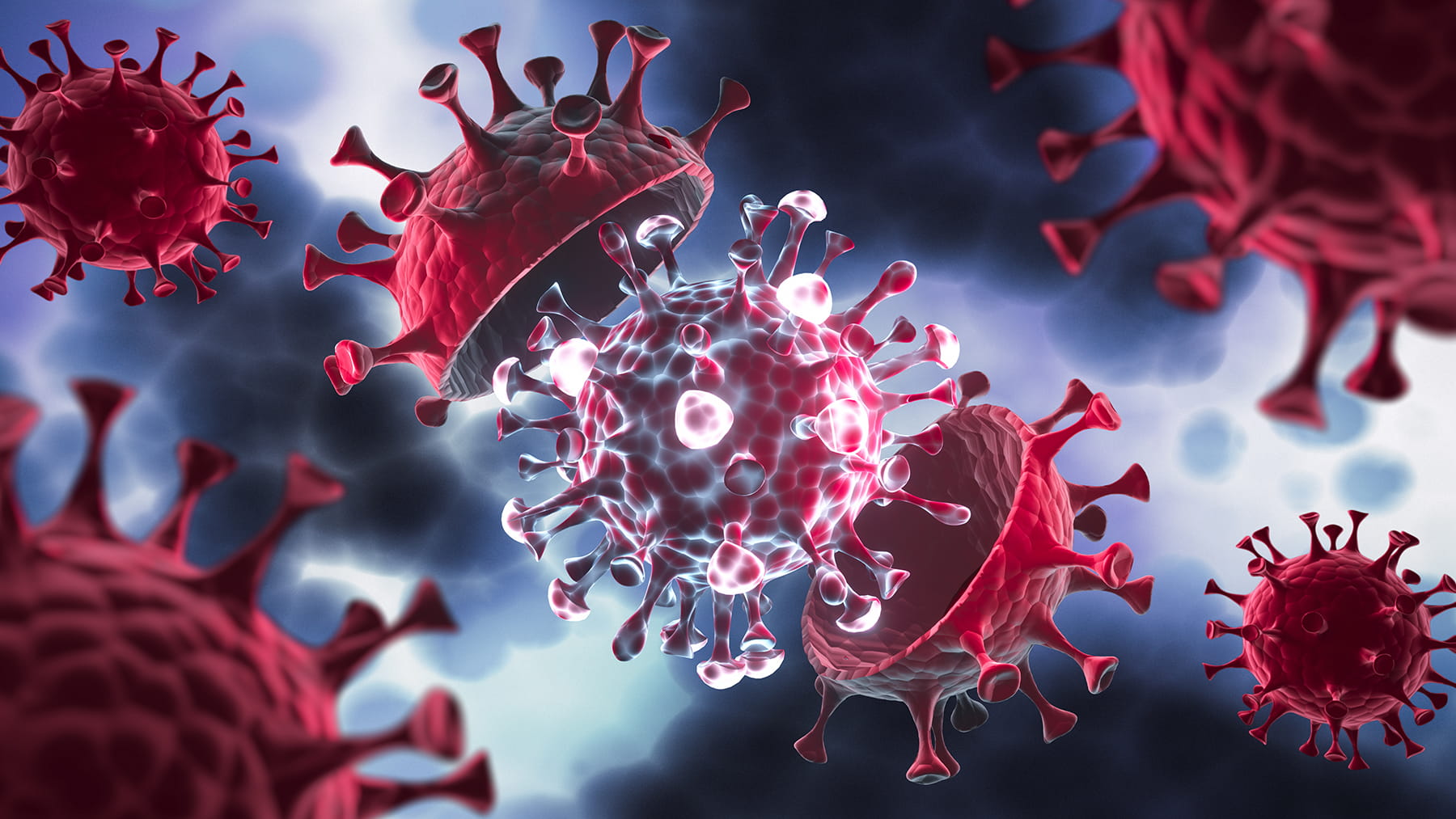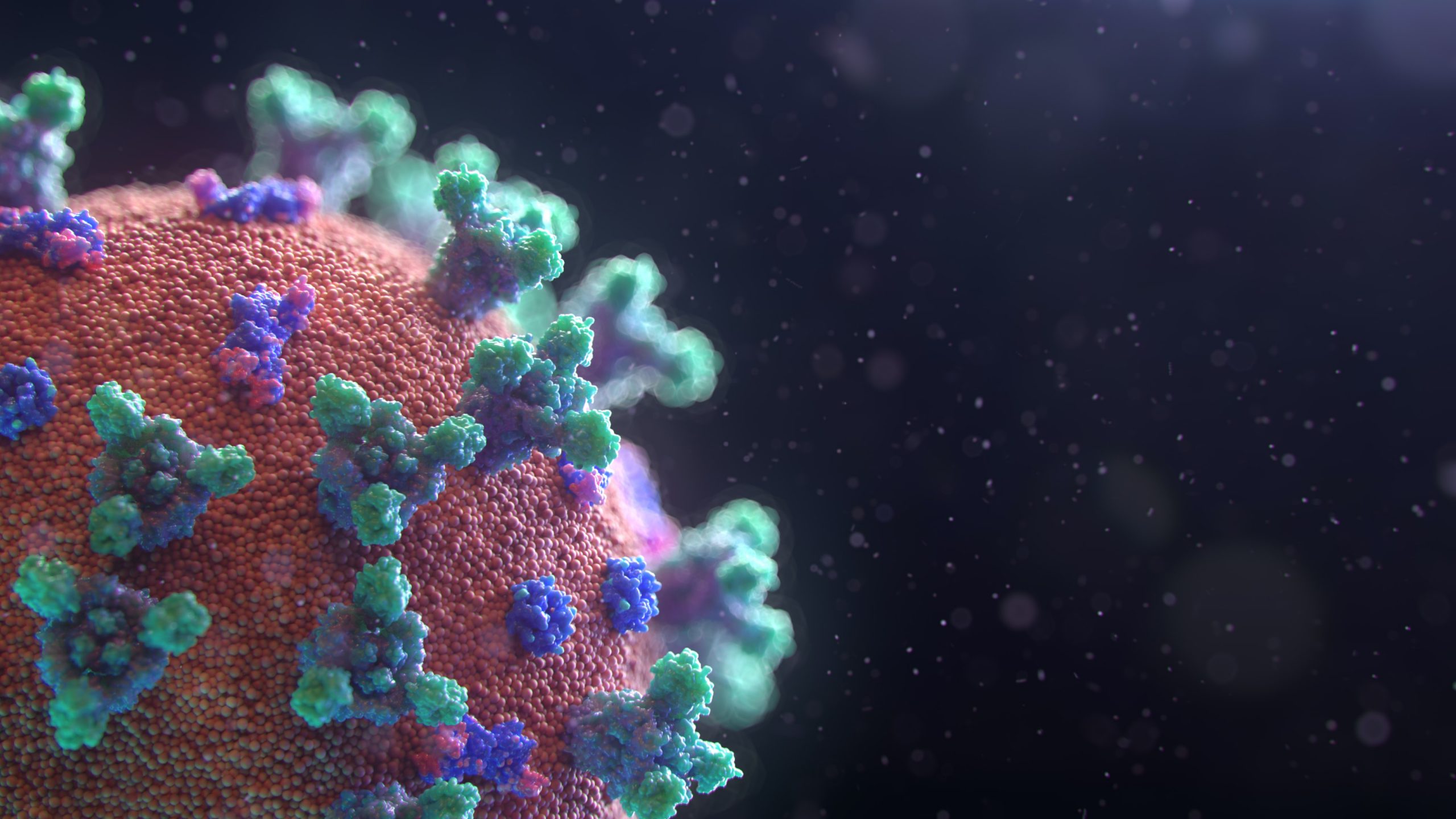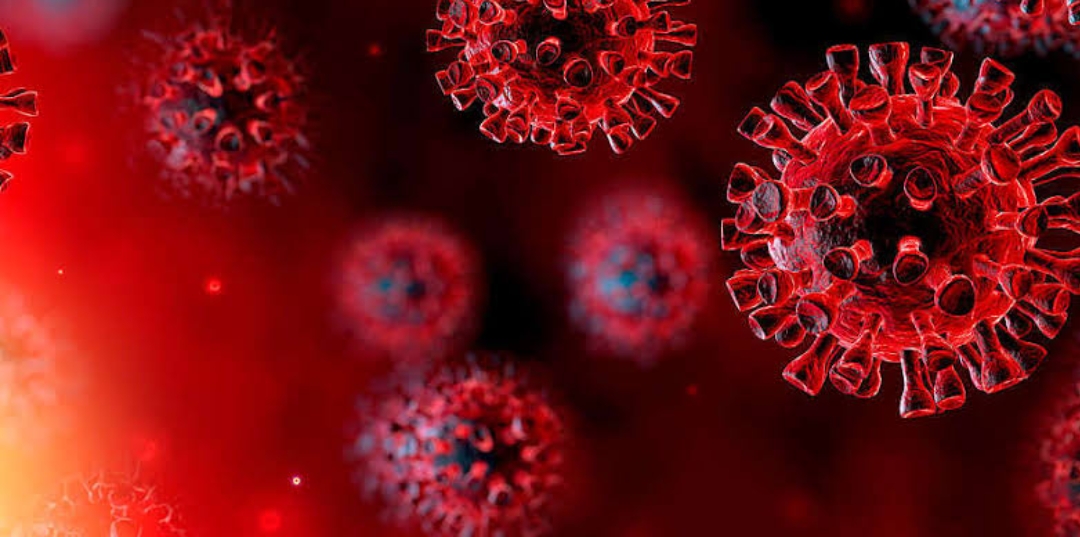
Deadly Coronavirus delta variant : A grave concern
The coronavirus delta variant is now a matter of concern. As the United States grapples with the fourth wave of COVID19, scientists are learning a lot about delta mutations - a case first reported in India in March and unknown; It is one of the most contagious respiratory viruses known and causes the most serious COVID19. Antibodies are more likely to be avoided than other options. Since strain delta is much more contagious than the previous strain, the CDC released new guidelines on July 27, 2021.
How deadly is the delta variant of the coronavirus?
“In many studies, the Moderna and Pfizer vaccines continue to show protection against Delta, if not as much as previous versions. AstraZeneca vaccine and two doses of Pfizer vaccine accounted for 60% and 88%, respectively, for symptomatic Delta disease." Olivier Schwartz, head of virology and immunology at the Pasteur Institute in Paris, where the vaccine is much less effective against delta disease after just one shot. It is reported a single dose of AstraZeneca and Pfizer vaccines or previous vaccines. The JandJ the single-dose vaccine is effective against delta mutations.
Although all vaccines were not peer-reviewed, all vaccines stimulated the development of slightly less potent antibodies against Delta, but J and J saw a faster decline than the mRNA vaccine. To compensate for the low efficacy of the Delta J and J vaccines, San Francisco residents receiving the vaccine can now request an “alternate dose” of mRNA vaccine. Since more than half of the the population is not fully vaccinated, mutations in the Delta gene may continue to infect and develop, leading to more outbreaks of vaccinations than expected and new infectious mutations. There is evidence that the Delta breakthrough can only be transmitted through Delta infection to unvaccinated people.
How Coronavirus Infects?
Cells Since the beginning of the COVID19 pandemic, scientists have developed a detailed understanding of how SARSCoV2 infects cells. After 19 months of work, backed up by decades of coronavirus research, we now have a brief description of how SARSCoV2 enters human cells. Scientists have discovered important adaptive abilities that help viruses attach with surprising strength to human cells and then hide inside from time to time. At the start of the pandemic, researchers confirmed that the RBD of SARSCoV2 spike proteins binds to a known protein called the ACE2 receptor, which attaches to the outside of most cells in the body, throat and lungs. Because a copy of a gene cannot leave the nucleus, infected cells do not secrete many interferons, which are signalling proteins that alert the immune system to the presence of a virus. There they activate the host's calcium channel, which helps to push the layer of fat out of the cell, the same layer found in naturally-fused cells such as muscle cells. At this point, the infected cell fuses with neighbouring cells expressing ACE2 to become giant solitary respiratory cells containing up to 20 nuclei. In May 2020, he and his colleagues reported that a host cell protein called furin recognizes and cleaves this amino acid sequence, and that cleavage is “necessary” for the virus to effectively enter the cell — the human lung23.
At the same time that Barclay's group is reporting its results through September 2020, a study in the Netherlands also showed that coronaviruses with an intact furin cleavage site invade sugar cells. Human respiration is faster than that of those who do not have it24. Reducing more furin means more spike proteins are ready to enter human cells.
Are delta variants of the coronavirus more contagious than previous versions of the virus, but more dangerous?
Early evidence suggests that delta changes may cause more serious illness, but further research is needed to ensure that these changes are truly fatal. Some studies show that delta changes can cause more people to get sick if they are not vaccinated than the original virus strain. A large study conducted in the UK from late March to late May 2021 found that of more than 40,000 COVID 19 cases, people infected with the delta switch were infected with alpha mutations, more than those infected with alpha mutations. The risk of hospitalization has almost doubled. On June 14,
According to another Scottish study published in The Lancet, people infected with coronavirus had delta changes compared to those infected with the alpha coronavirus mutation, from April 2021 to April 6, the risk of hospitalization for a month was almost double than the first variant found in the UK, where the likelihood of hospitalization was 60% lower due to the delta change in vaccinated people compared to those who were vaccinated. On July 14, a Canadian study published on the medRxiv preprint site found that people infected with the Delta switch were twice as likely to be hospitalized as people infected with other variants of the coronavirus.



















